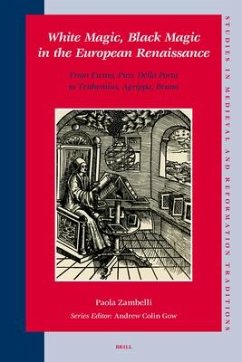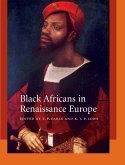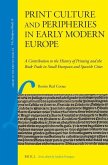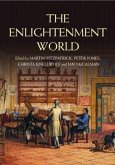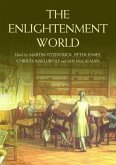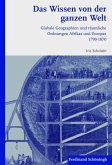This book explores philosophical theories which in the Renaissance provided an interpretation of nature, of its laws and exceptions and, lastly, of mans capacity to dominate the cosmos by way of natural magic or bymagical ceremonies. It does not concentrate on the Hermetic and Neoplatonic philosophers (Ficino, Pico, Della Porta), or on the relationship between magic and the scientific revolution, but rather upon the interference of the ideas and practices of learned magicians with popular rites and also with witchcraft, a most important question for social and religious history. New definitions of magic put forward by certain unorthodox and wandering scholastics (Trithemius, Agrippa, Paracelsus, Bruno) will interest readers of Renaissance and Reformation texts and history.
Hinweis: Dieser Artikel kann nur an eine deutsche Lieferadresse ausgeliefert werden.
Hinweis: Dieser Artikel kann nur an eine deutsche Lieferadresse ausgeliefert werden.

